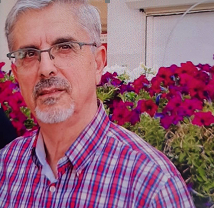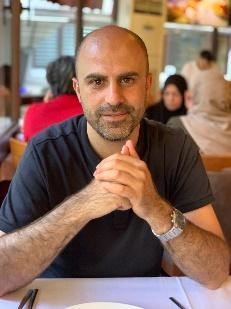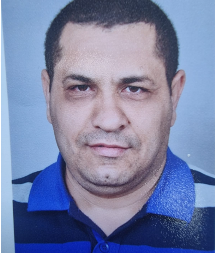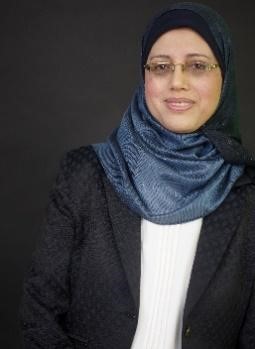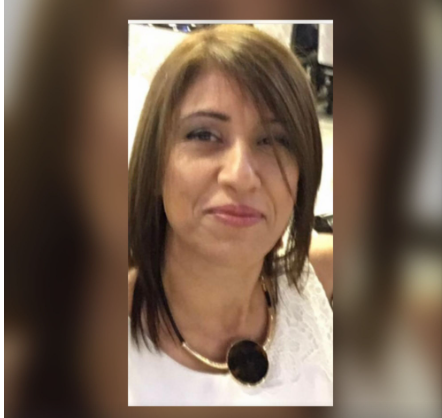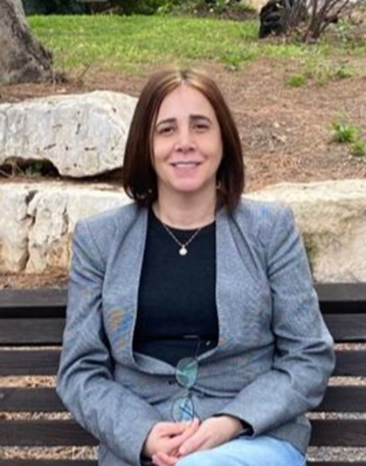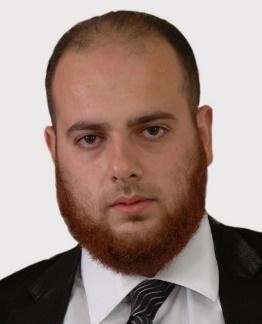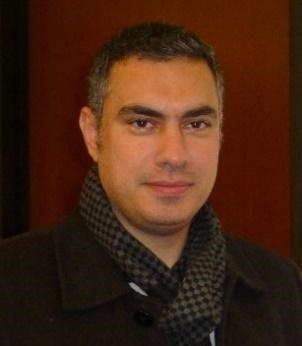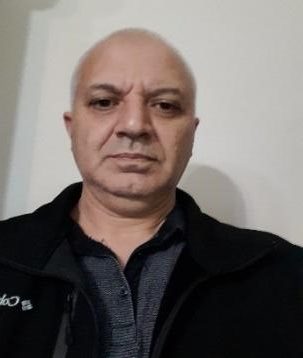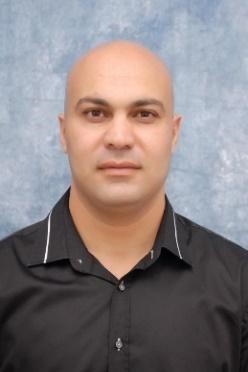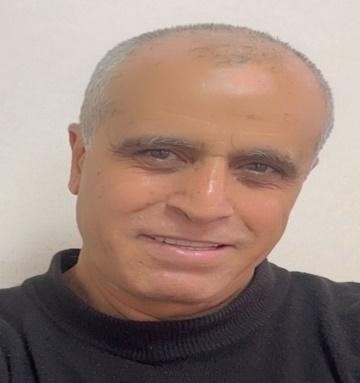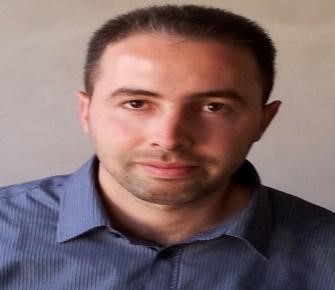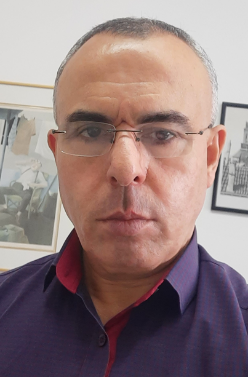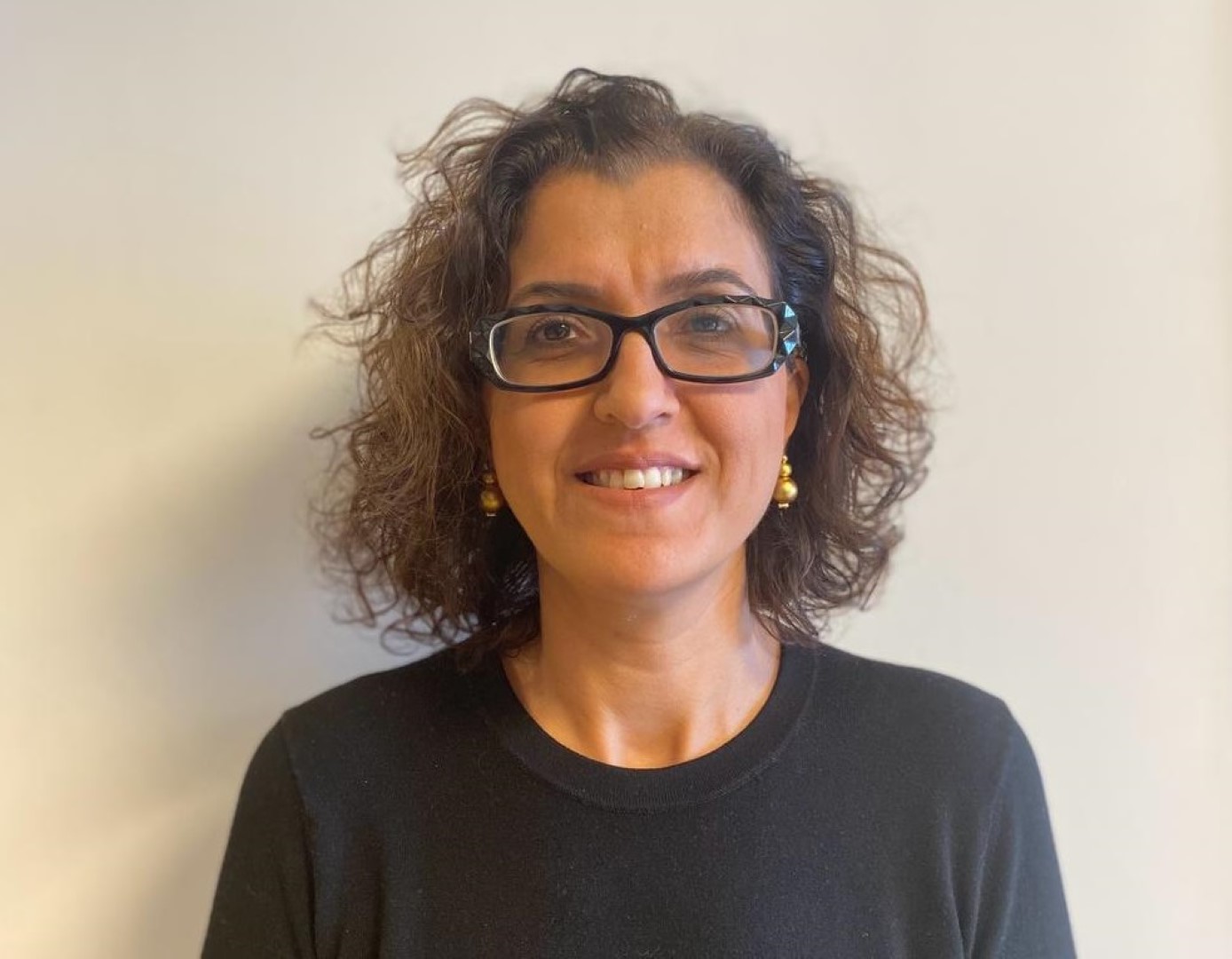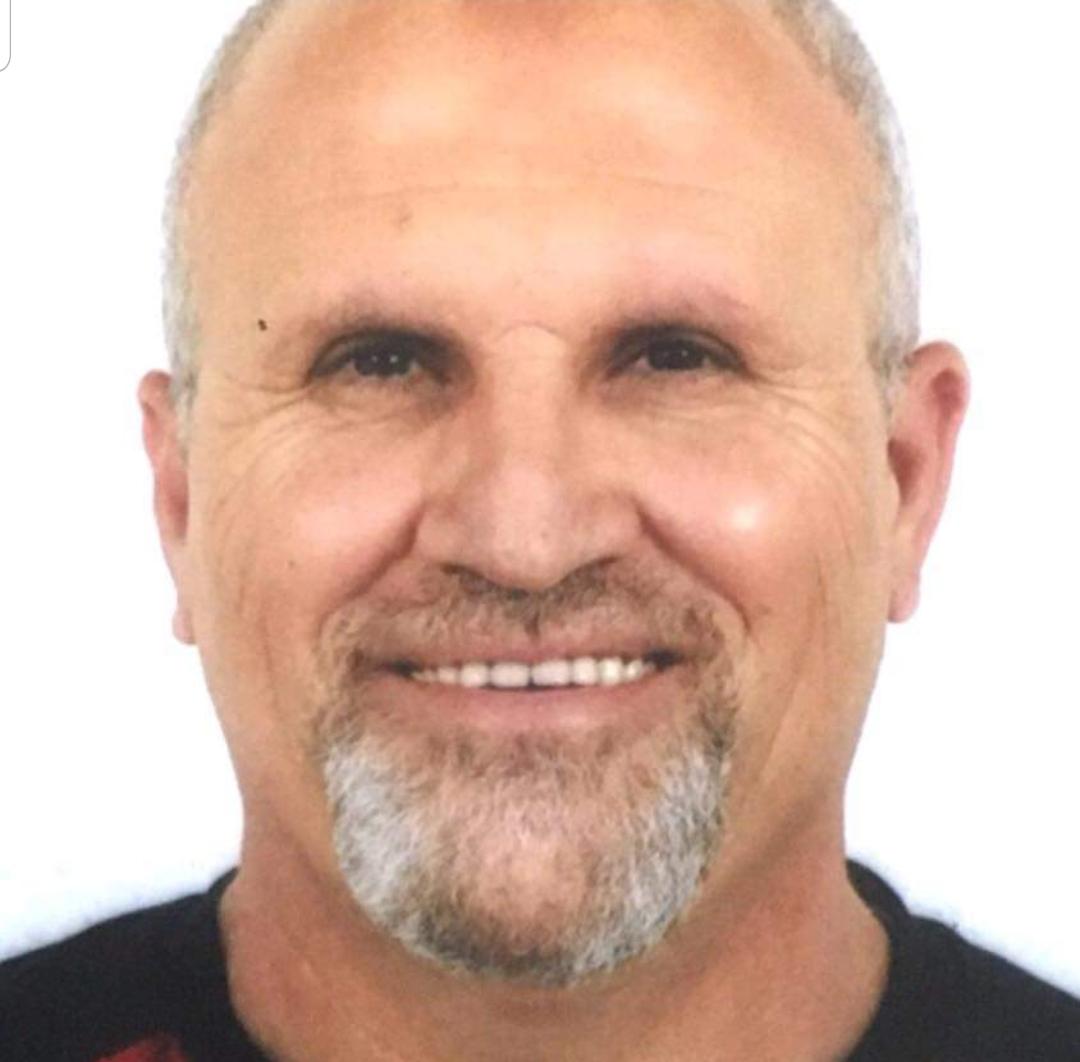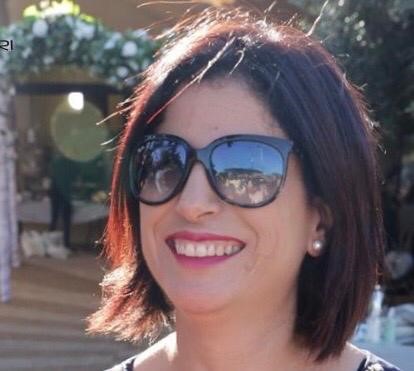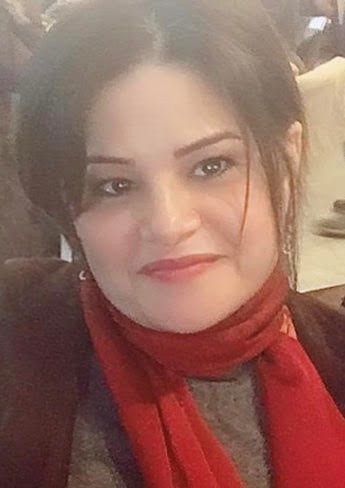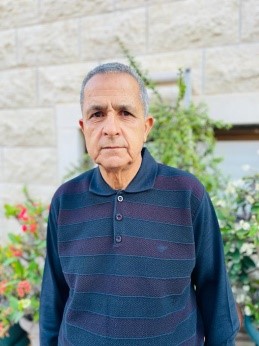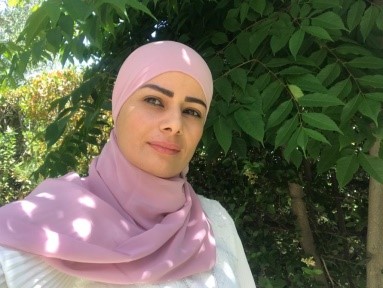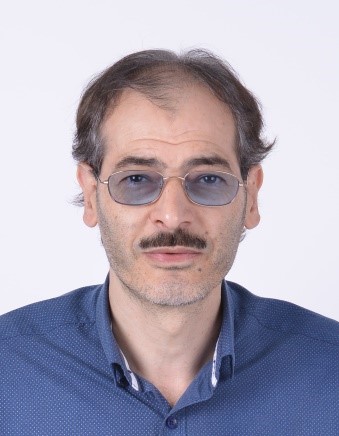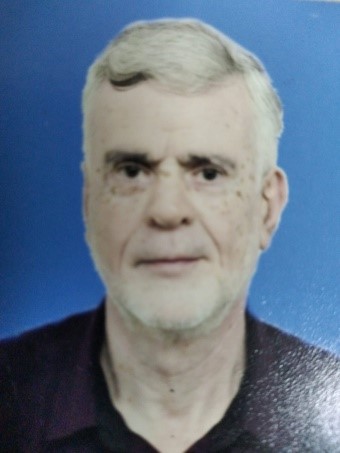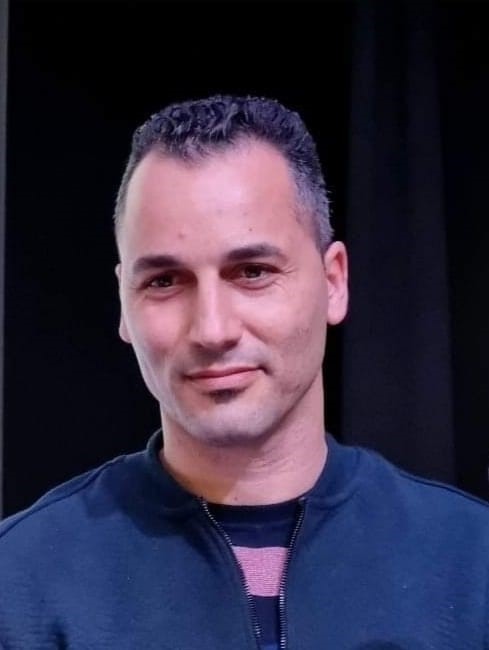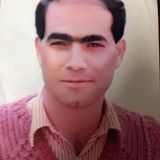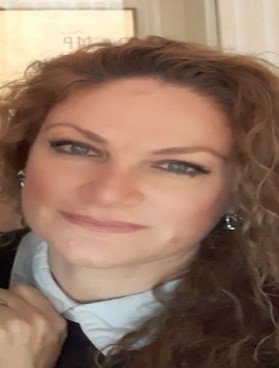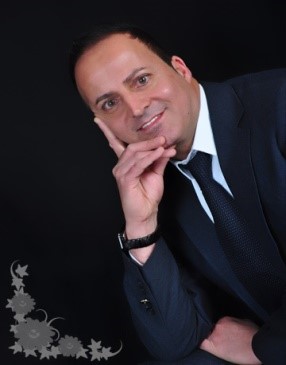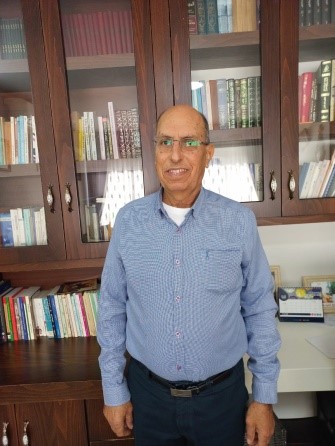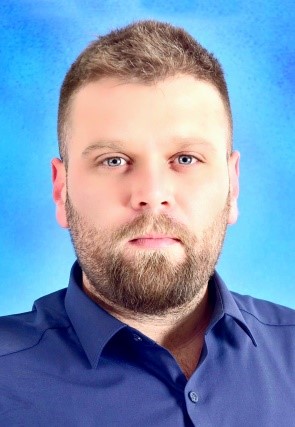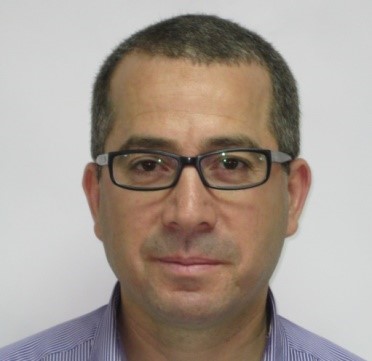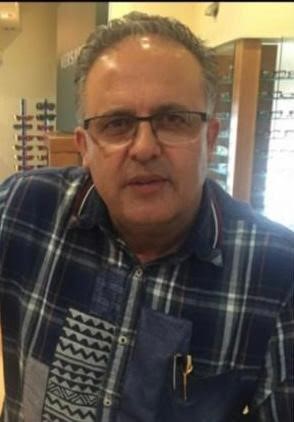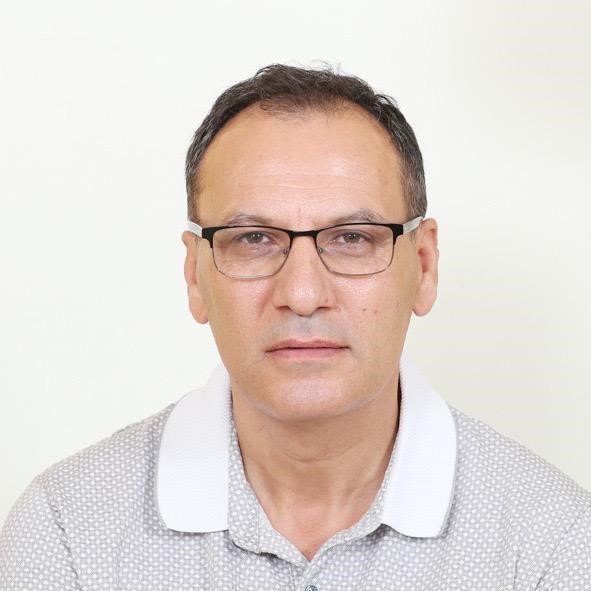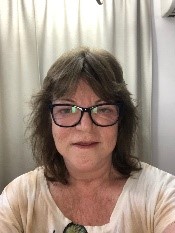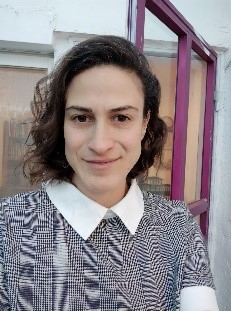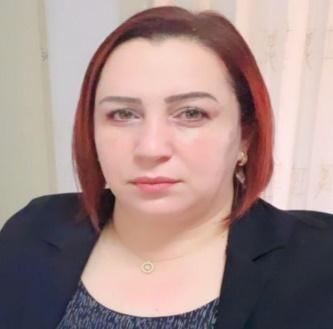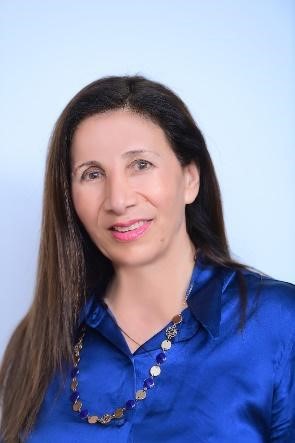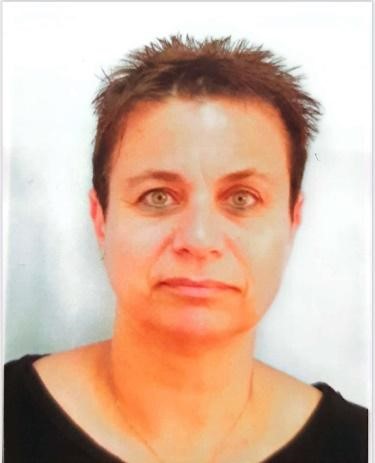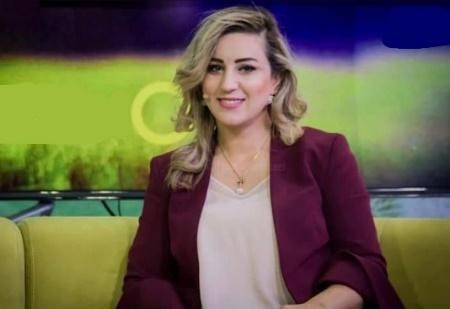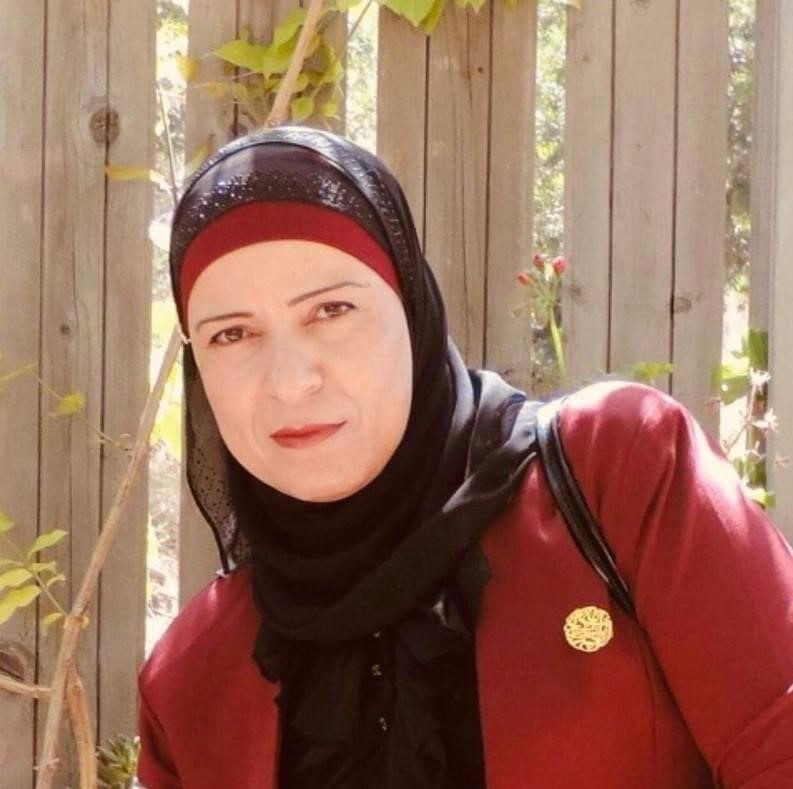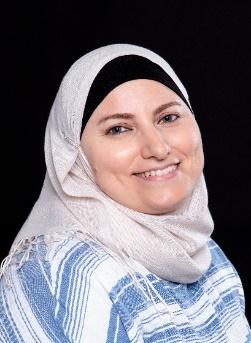| Component | First Year | Year B | Year C | Year D | Total |
|---|---|---|---|---|---|
| Disciplinary Studies – Arabic | 16 | 16 | 12 | 4 | 48 |
| Education Studies | 14 | 14 | 16 | 4 | 48 |
| Core and Enrichment Studies | 8 | 8 | 4 | - | 20 |
| Practical Experience | - | 6 | 8 | - | 14 |
| Total | - | - | - | - | 130 |
Arabic Language and Literature
להרשמה

About
The Arabic department trains teachers for Arabic language and literature instruction in elementary schools (grades 1-6). Studies last 4 years, granting certification of a graduate degree in Arabic language and literature (B.Ed) and a comprehensive teaching certificate for grades 1-6.
The curriculum is a total of 130 hours weekly-hours. It includes three main components: education studies (48 hours), core and enrichment studies (20 hours), specialization studies in Arabic (48 hours), as well as practical experience (14 hours). The specialization studies in Arabic include, among others, classical literature, modern literature, Islamic studies, and basic skills, as well as the Arabic language. Language studies impart basic but in-depth knowledge in the field, as well as develop the ability to use the rules of Arabic grammar correctly, cultivate correct spelling and beautiful handwriting, and perfect the skills of written and oral expression and other basic skills in the Arabic language.
Being the mother tongue of college students, Arabic is essential for their academic development and the shaping of their personality and identity. Language is the primary tool through which we communicate, learn, think and teach. It reflects, preserves, and deepens norms, habits, and world orders.
Owing to the program’s wide variety of courses, the department’s students are exposed to the rich world of the Arabic language with its many periods, styles, and layers and receive a broad cultural infrastructure. In addition, they acquire professional, in-depth, and systematic training in teaching the Arabic language and enrich their knowledge in various study subjects and teaching methods. The practical experience in teaching allows students to take the knowledge and skills they have gained throughout their studies and instill them in their students, enrich their language, and expand their cultural world.
In addition to completing the curriculum obligations, each student must receive an exemption from language knowledge studies at three levels: basic, intermediate, and advanced. An exemption from the basic level is given according to the average score of the psychometric test and the matriculation certificate (a score of 85 or higher), which is also used to classify the students at the beginning of the degree and integrate them into the appropriate level. Exemption from the intermediate and high levels can only be obtained by completing the courses.

Academic staff
Students and graduates tell
The Program
- תוכנית הלימודים
- Courses
- Seminars
- Workshops
- Practical Experience
- Courses

